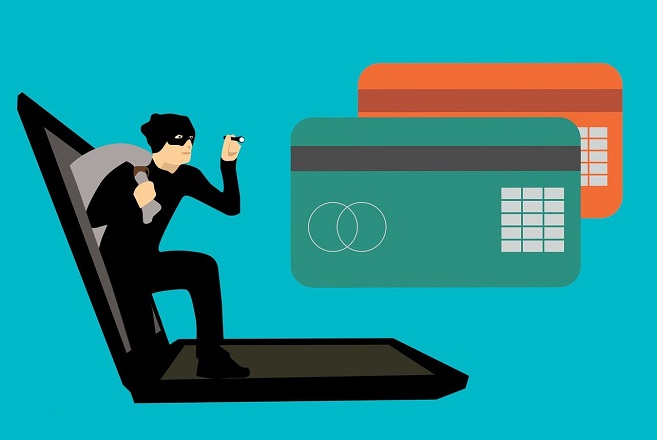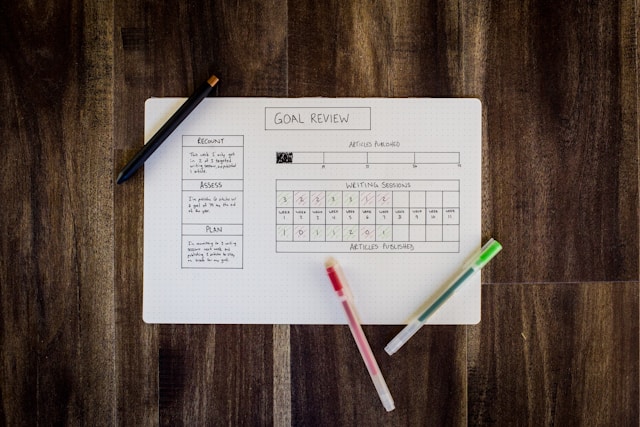So you’ve built a beautiful website, filled it with passion, creativity, and maybe a few cat memes. But now you’re wondering: How can I make sure Google never finds this masterpiece? Well, look no further. We’ve compiled the ultimate list of SEO sins — the things you should absolutely never do unless you’re on a mission to bury your site deeper than the Mariana Trench.
Here are 10 foolproof ways to tank your Google search rankings — use them only if you’re trying to fail. Otherwise, do the opposite.
1. Keyword Stuff Like It’s a Thanksgiving Turkey
Why use your keyword once when you can use it 37 times in the first paragraph?
“Cheap vegan dog food is the best cheap vegan dog food for cheap vegan dog food lovers who love cheap vegan dog food.”

Actual advice: Use keywords naturally. Google’s not impressed with your copy-paste prowess. Semantic relevance and readability matter more than sheer volume.
2. Ignore Mobile Optimization – Phones Are Just a Fad Anyway
Who even uses phones to browse the web? Oh right — literally everyone. If your site loads like it’s on dial-up or looks like a jigsaw puzzle on mobile, you’re begging to be penalized.

Actual advice: Use responsive design. Google uses mobile-first indexing. Your mobile site is your site.
3. Publish Thin Content That Says Nothing… But with Style!
Create 300-word blog posts full of fluff, generic tips, and no original insights. Bonus points if you end with “Stay tuned for more!”

Actual advice: Quality beats quantity. Helpful, in-depth content keeps users engaged and earns trust — from both readers and search engines.
4. Never Use Headings — Just One Giant Wall of Text
Paragraphs? Structure? Hierarchy? Pfft. Real bloggers dump their thoughts in a single unbroken blob of text like it’s their diary.

Actual advice: Use H1, H2, H3 tags to structure your content. It helps both readers and search engines understand your topic.
5. Ignore Page Speed — Let Your Site Take a Nap
If your page loads slower than a snail on vacation, you’re doing it right (wrong). Large, uncompressed images? Autoplay videos? Fancy scripts from 2008? Perfect!

Actual advice: Compress images, enable caching, and test your site speed regularly. A fast website improves user experience and rankings.
6. Buy 5,000 Backlinks for $5 — What Could Go Wrong?
Surely Google won’t notice that all your backlinks come from Romanian casino sites and “free iPad” giveaways.

Actual advice: Backlinks matter — but they need to be relevant and credible. Focus on organic link-building through guest posts, partnerships, and quality content.
7. Use Clickbait Titles That Deliver Nothing
“YOU WON’T BELIEVE WHAT HAPPENED NEXT!” (Spoiler: Nothing happened.)

Actual advice: Title tags should be engaging but honest. Misleading titles increase bounce rates, which hurt your SEO in the long run.
8. Forget About Metadata – Let Google Do the Guesswork
Who has time to write meta titles or descriptions? Let Google pick a random sentence from your page and hope for the best.

Actual advice: Well-written meta titles and descriptions improve click-through rates. Think of them as your page’s elevator pitch on search results.
9. Use a Different URL for Every Synonym of Your Topic
Why stop at one post about “best laptops”? You could also have /top-laptops, /awesome-laptops, /fantastic-notebooks, and /cool-computers.

Actual advice: Avoid duplicate content and keyword cannibalization. Stick to one strong page per topic, and build it out fully.
10. Never Update Old Content – Let It Rot in Peace
That 2014 post about “Top 10 Vine Stars to Watch” still deserves to rank, right?

Actual advice: Regularly update existing posts. Freshness matters. Keep your content current to maintain rankings and authority.
Final Thoughts: Don’t Be That Guy
Search Engine Optimization isn’t black magic or a one-time trick — it’s about creating valuable content, delivering great user experience, and helping Google help you. Avoid the traps above, and you’ll be well on your way to climbing the rankings instead of falling off a cliff.
Unless, of course, you’re trying to hide your blog from the world — in which case, congratulations. You now have the blueprint.












